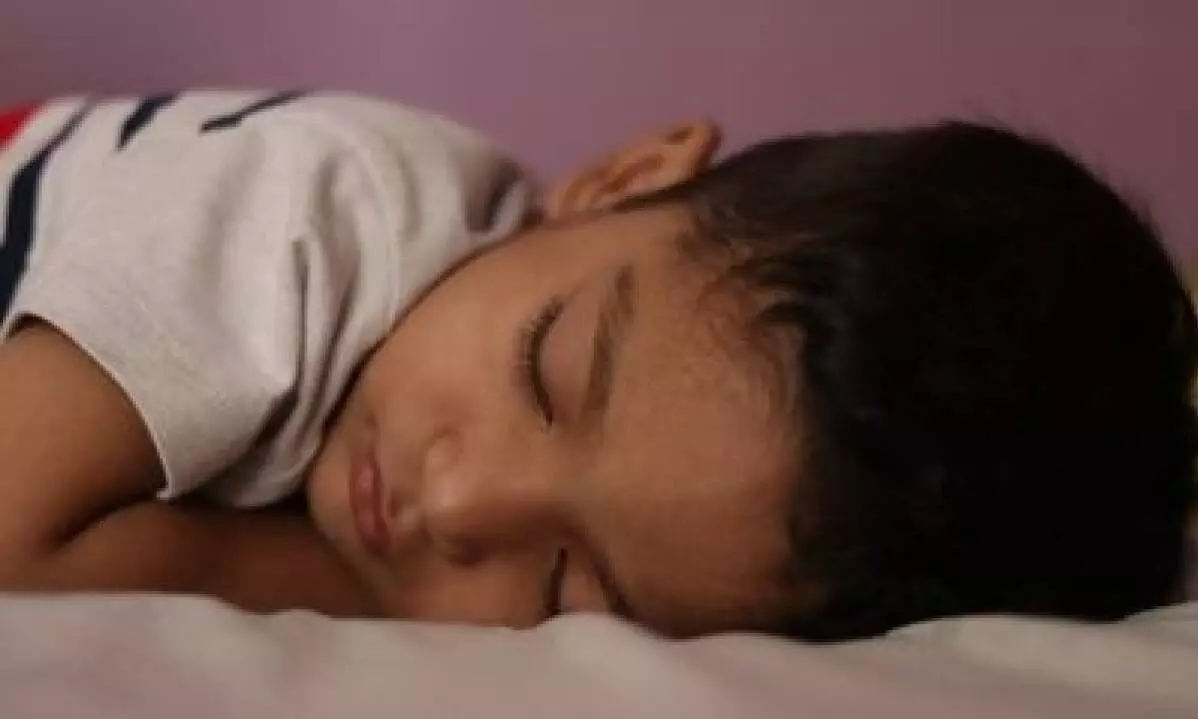Enough sleep can help combat effects of stressful environment
More sleep could reduce impulsive behaviour in children, say researchers from Youth Development Institute at University of Georgia
image for illustrative purpose

New York Sleep is a critical part of a child's overall health, but it can also be an important factor in the way they behave, according to a study.
Researchers from the Youth Development Institute at University of Georgia, US, getting enough sleep can help children combat the effects of stressful environments.
"Stressful environments are shown to make adolescents seek immediate rewards rather than delayed rewards, but there are also adolescents who are in stressful environments who are not impulsive," said lead author Linhao Zhang, a fourth-year doctoral student in UGA's College of Family and Consumer Sciences.
"We looked at what explains that link and what makes some people differ from others. One mechanism we found is sleep," Zhang added.
Using information from 11,858 children from 9-10 years old, the researchers found that lack of sleep and long sleep latency -- the amount of time it takes to get to sleep -- had a significant link to impulsive behaviours down the line.
Sleep problems, such as sleep latency (the time it takes an individual to fall asleep) and impulsive behaviours, were checked at multiple time points over the course of two years.
When children got less than the recommended nine hours of sleep or took more than 30 minutes to get to sleep, there was a strong link to impulsive behaviours later down the line.
Some of these behaviours included acting without a plan, seeking thrills or sensations, and lacking perseverance.

